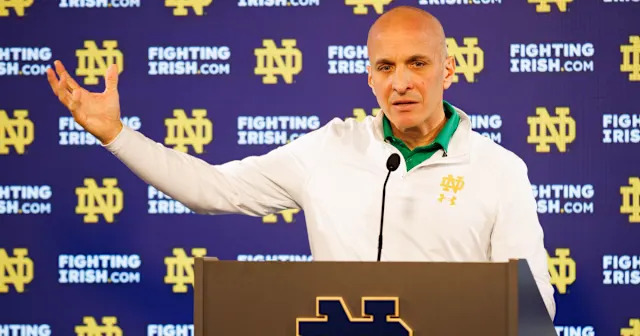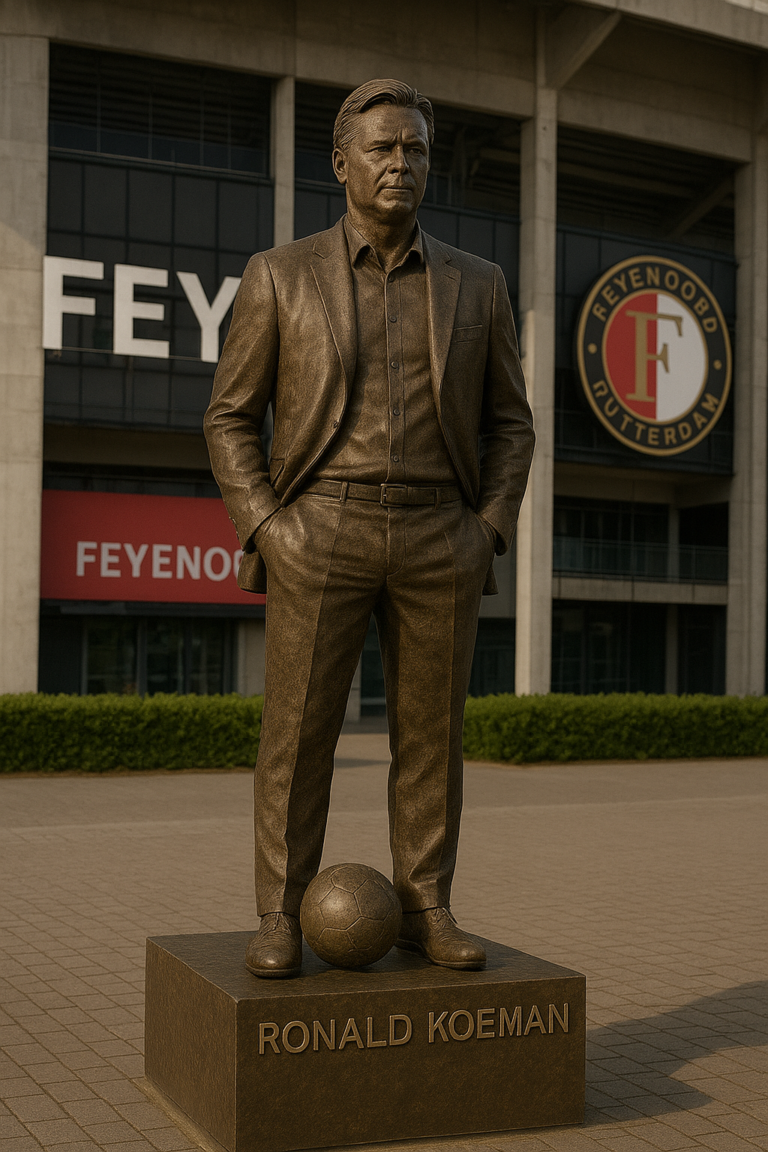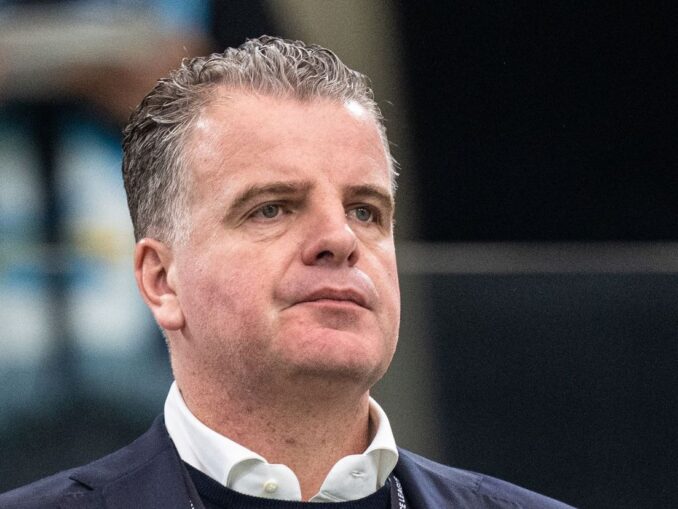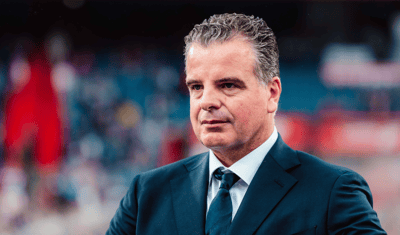
Notre Dame Athletic Director Pete Bevacqua recently shared his thoughts on President Donald Trump’s executive order regarding college sports, expressing a measured yet optimistic reaction to the policy changes that could reshape the landscape of collegiate athletics. The executive order, aimed at addressing issues around athlete compensation and the governance of college sports, has sparked widespread debate among administrators, athletes, and stakeholders nationwide.
Bevacqua emphasized the importance of balancing the interests of student-athletes with the integrity and tradition of college sports. “This is a pivotal moment for collegiate athletics,” he said. “We recognize that the landscape is changing, and it’s crucial to find solutions that support our athletes while maintaining the core values that define college sports.”
The executive order includes directives to support athletes’ rights to profit from their name, image, and likeness (NIL), while also encouraging reforms to NCAA governance structures to ensure more equitable and transparent decision-making. For Notre Dame, a university known for its storied football program and strong academic reputation, navigating these changes presents both opportunities and challenges.
Bevacqua noted that Notre Dame has long supported policies that empower student-athletes and provide them with resources for success both on and off the field. “We’ve been proactive in educating our athletes about NIL opportunities and ensuring they have access to guidance on managing those opportunities responsibly,” he explained. “This executive order aligns with efforts we’ve already been undertaking, and we see it as a step forward in giving our athletes the support they deserve.”
At the same time, Bevacqua acknowledged concerns about maintaining competitive balance and preserving the amateur nature of college sports. He stressed the need for clear rules and consistent enforcement to prevent abuses and ensure fairness across programs. “It’s important that we create an environment where athletes can benefit from their talents without compromising the spirit of competition,” he said.
The Notre Dame AD also highlighted the potential impact of the executive order on recruiting, compliance, and athlete welfare. He mentioned that the university’s compliance department is actively working to adapt to new regulations and provide ongoing education to coaches and staff. “Our priority is to protect the well-being of our student-athletes while embracing the new opportunities this evolving landscape presents,” Bevacqua stated.
Furthermore, Bevacqua pointed to the importance of collaboration among universities, governing bodies, and lawmakers to develop sustainable policies. He encouraged continued dialogue and partnership to address the complex issues surrounding athlete compensation, mental health, academic support, and the overall student-athlete experience.
In closing, Pete Bevacqua expressed cautious optimism about the future of college sports under the executive order. “Change can be challenging, but it also opens the door for innovation and improvement,” he remarked. “Notre Dame is committed to leading with integrity and ensuring that our student-athletes thrive in every aspect of their college journey.”
As the ramifications of President Trump’s executive order continue to unfold, the perspectives of athletic leaders like Bevacqua will play a critical role in shaping how universities adapt to this new era in college athletics.






